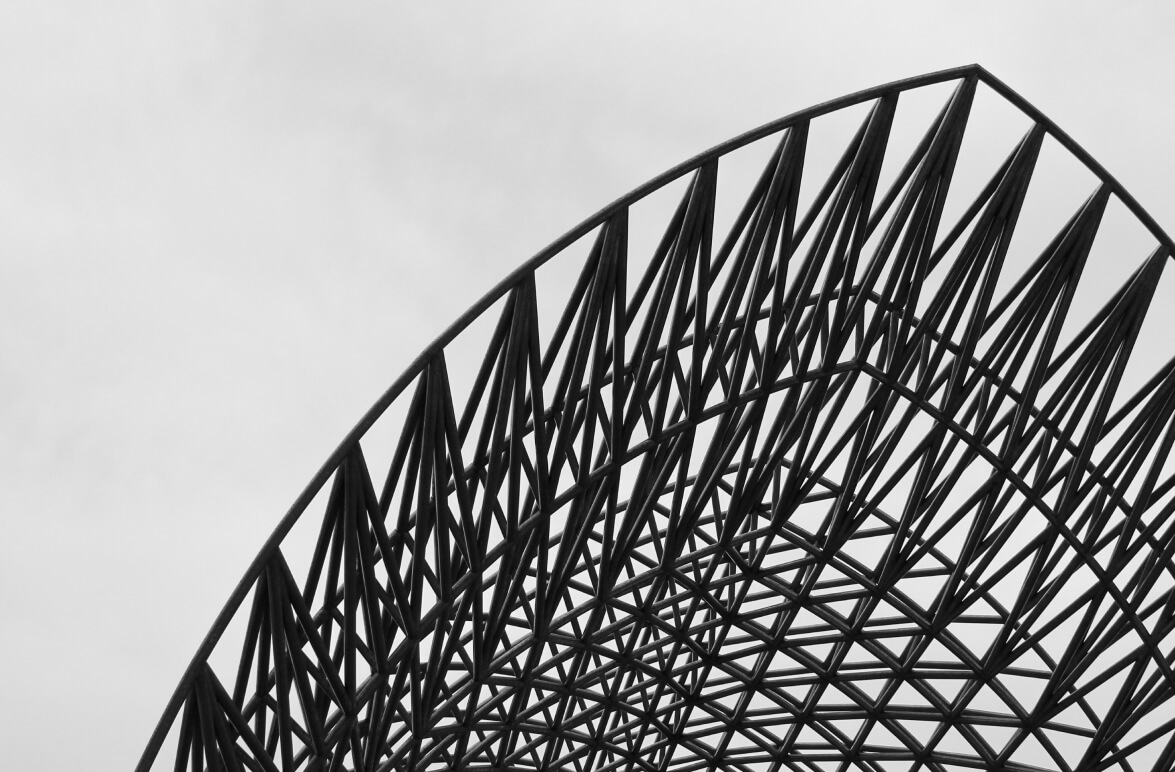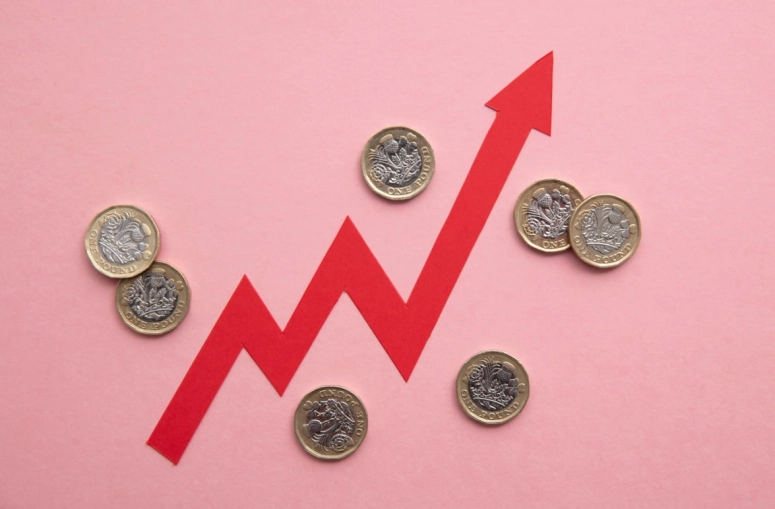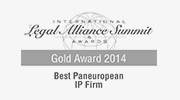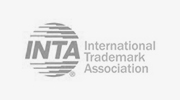14 December 2022
The fact that China is one step away from becoming the world’s leading power is a fact. To achieve this, two factors have been decisive: imitation and zero labour rights.
According to data from the European Union Intellectual Property Office (EUIPO) and the Organization for Economic Cooperation and Development (OECD), China accounts for 75% of the counterfeit products arriving in Europe. It is followed by Hong Kong (5.7%), Turkey (5.6%) and Singapore (3.3%).
All this is partly due to the fact that, as mentioned above, China is a country where it was, and still is, very cheap to produce: wages are low and there are no social rights. This situation led most Western manufacturing companies to move their factories to the Asian giant in order to increase their commercial margins, and therefore their profits. Thanks to this fact, China had the necessary information on how these products were produced and, consequently, developed an industry dedicated to their copying and distribution.
However, notwithstanding the above, Chinese companies are currently moving away from copying to innovating, and there is no innovation without Industrial Property.
The Chinese public authorities are aware of the role and importance of Industrial Property rights in the country’s socio-economic development.
On the one hand, we saw how in 2019 the Chinese government pushed through a series of amendments designed to strengthen its trademark legislation and, since then, more foreign companies have won disputes in Chinese courts. In this regard, it should be mentioned that not only have administrative aspects been updated to facilitate trademark applications and registrations, but in turn the means for defending them against infringers have been improved and penalties have been increased.
Also, on January 1st, 2022, the new Standards for Trademark Examination and Trial came into force with the aim of standardizing trademark examination and trial procedures and ensuring uniform application of the relevant laws.
It should be noted that, in China, any trademark that is not registered has no protection whatsoever. This is because the trademark system is governed by the “first applicant” principle. In other words, the trademark that is registered first will have priority protection.
By way of example, companies such as Manolo Blahnik and New Balance have won lawsuits both to be able to use their trademarks (they had been registered in bad faith by unauthorized third parties) and to obtain damages for the infringements suffered.
Also, thanks to this new legislation, online retail giants, including Alibaba, can be forced by prior complaint to remove products that could be counterfeit from their websites, making them liable if counterfeits are sold on their platforms.
On the other hand, we are seeing how more than half of Chinese investments in Europe have gone to the main economies of the continent (United Kingdom, Germany, Italy, France, etc.). Basic industries such as chemicals, energy, construction, mining, telecommunications, finance and the automotive sector have been their usual targets. This is how China is taking steps to establish its position in Europe.
And to consolidate this new empire, once again, Industrial Property is essential.
China has become the leading country in terms of the number of trademark applications in the EU, with a share that has grown from 9.5 to 16.2 percent in a single year, according to data from the EU Intellectual Property Office (EUIPO).
Likewise, Asian companies lead the ranking of European Patent applicants, being the Chinese telecommunications company, Huawei, the top patent applicant in the EPO with 3,544 applications, followed by last year’s leader, Samsung, and LG, both from South Korea.
Due to all of the above, it is essential to be well advised in all matters relating to China, both to have protection against third parties in this country, as well as to be protected from possible counterfeit products of brands that intend to enter our borders.




























Comentarios
No Comments